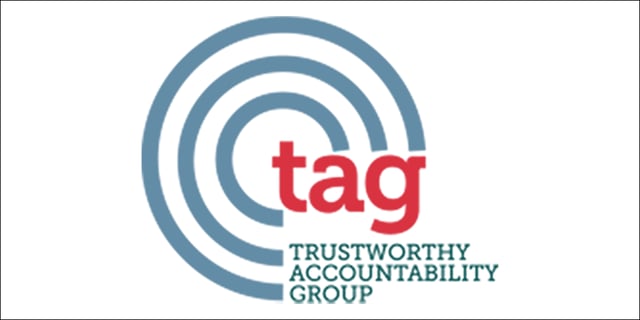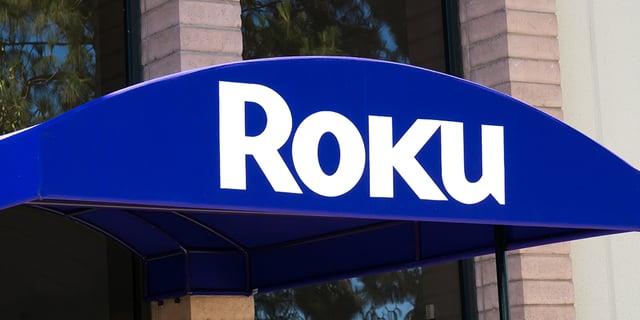
This week's review of ad fraud and quality in the digital advertising space.

TAG this week announced that "publishers are now required to implement the initiative, ads.txt, in order to receive a 'certified against fraud' seal," reported Advertising Age. The article added: "According to Pixalate, more than 95,000 sites have implemented ads.txt."

"Even the most fervent believers in programmatic advertising believe it needs to undergo a cleanup, as marketers lose faith in ad tech due to issues like hidden fees, ad fraud and murky auction models," wrote Digiday, reporting on the mood at the recent AdExchanger Industry Preview event. The article added that the event featured the "candid admission that automated ad buying is undeniably the future but has many problems that cannot be put off."

The Motley Fool reported on some potential reasons behind the jump in price Roku's stock experienced to begin the week (up 6% on Monday). "Roku is aggressively shifting its focus toward its platform business, which is predominantly driven by advertising revenue," wrote The Motley Fool. "Improving measurement for customers (advertisers) is a core piece of building that business, and Roku grabs nearly 70% of all OTT programmatic advertising, according to Pixalate," the article added.

Ars Technica has reported that "[r]esearchers have uncovered four malicious extensions with more than 500,000 combined downloads from the Google Chrome Web Store," noting that Google has since removed the extensions. The extensions were used as part of a click fraud scheme, per the article.

The Drum examines into the link between ad fraud and fake news, citing observations from Dr. Gleb Tsipursky, an assistant professor in the history of behavioral science at the Ohio State University, and a recent whitepaper from AppNexus, which highlighted the link.
Sign up for our blog to stay updated with new stats, trends, and analysis on digital ad fraud.
*By entering your email address and clicking Subscribe, you are agreeing to our Terms of Use and Privacy Policy.
These Stories on Weekly Recaps
*By entering your email address and clicking Subscribe, you are agreeing to our Terms of Use and Privacy Policy.

Disclaimer: The content of this page reflects Pixalate’s opinions with respect to the factors that Pixalate believes can be useful to the digital media industry. Any proprietary data shared is grounded in Pixalate’s proprietary technology and analytics, which Pixalate is continuously evaluating and updating. Any references to outside sources should not be construed as endorsements. Pixalate’s opinions are just that - opinion, not facts or guarantees.
Per the MRC, “'Fraud' is not intended to represent fraud as defined in various laws, statutes and ordinances or as conventionally used in U.S. Court or other legal proceedings, but rather a custom definition strictly for advertising measurement purposes. Also per the MRC, “‘Invalid Traffic’ is defined generally as traffic that does not meet certain ad serving quality or completeness criteria, or otherwise does not represent legitimate ad traffic that should be included in measurement counts. Among the reasons why ad traffic may be deemed invalid is it is a result of non-human traffic (spiders, bots, etc.), or activity designed to produce fraudulent traffic.”

